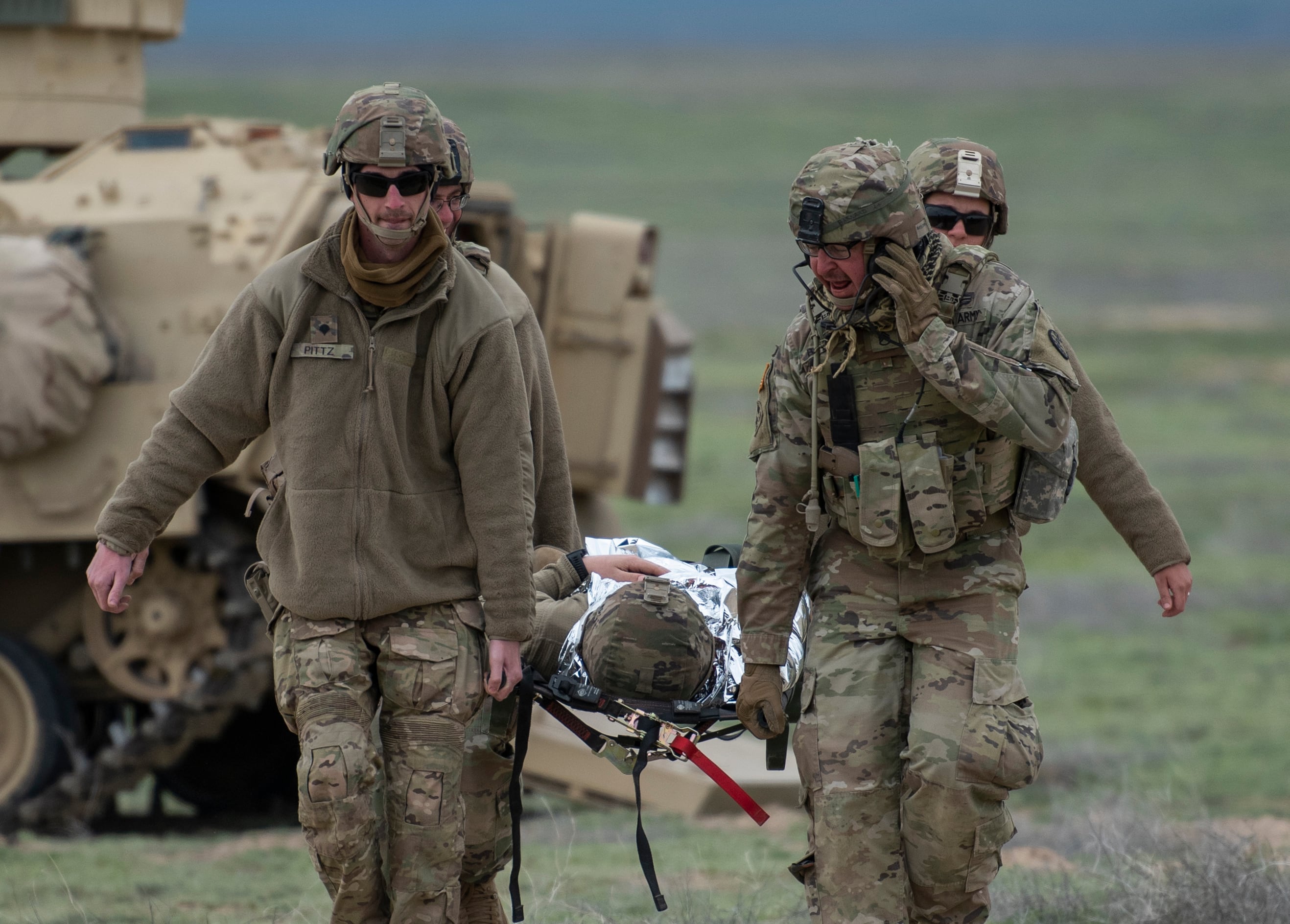While the plan to keep new, unmanned Global Hawks over the aging manned U-2 has support among top Defense Department officials, the top combat general in the Air Force says it is not the best military solution.
The Air Force, in its fiscal 2015 budget proposal calls for retiring the entire U-2 fleet and continuing to buy RQ-4 Global Hawks to handle high-altitude intelligence, surveillance and reconnaissance. The plan reverses previous Air Force attempts to retire the large drones. Officials have said the reversal is possible because Northrop Grumman and Global Hawk crews have been able to reduce the cost of flying the aircraft.
"We also need to retire the aging, decades-old U-2 in favor of the remotely piloted Global Hawk," Defense Under Secretary Frank Kendall said Sept. 17. "The Global Hawk, incidentally, earned its way back into our budget by successfully reducing sustainment costs. For industry people here, please take that to note."
But the problem with this plan is the Global Hawk doesn't have the same capability as the U-2, which will mean the military will suffer once the Dragon Lady is retired, said Gen. Mike Hostage, commander of Air Combat Command.
"We'll make the Global Hawk work," he told reporters Sept. 17. "We'll do the best we can with it, but it's not the optimum military solution."
The Air Force will need to spend about $487 million to develop and install a "universal payload adapter," which would take the cameras and other sensor equipment from the U-2 and attach them to the Global Hawk.
"This is about balance, I have no choice but to sacrifice the U-2," Hostage said. "But the problem is Global Hawk will take eight years before it can meet 90 percent of the current capability of the U-2. [Combatant commanders are] going to suffer for eight years, and the best they're going to get is 90 percent."
The Air Force has 33 U-2s, which would begin retiring in 2015 under the plan. The Air Force began producing Global Hawks, which were first deployed in 2001, to supplement the U-2 in gathering high-altitude surveillance. The requirements have changed, and the Air Force could go a "long time" before the need to recapitalize the U-2 fleet, but politics intervened, Hostage said.
"We get to the politics of it that say, 'Nope, you are going to buy the Global Hawk, and we're not going to give you any more money to do high-altitude ISR,' " Hostage said. "And that leaves me with: How do I pay for the remainder of the Global Hawk? So that's why I said, 'Alright, if you're telling me I have no choice but to buy Global Hawk, now I have more capacity than I can sustain within the force structure. Because this is about balance, I have no choice but to sacrifice the U-2.' "





